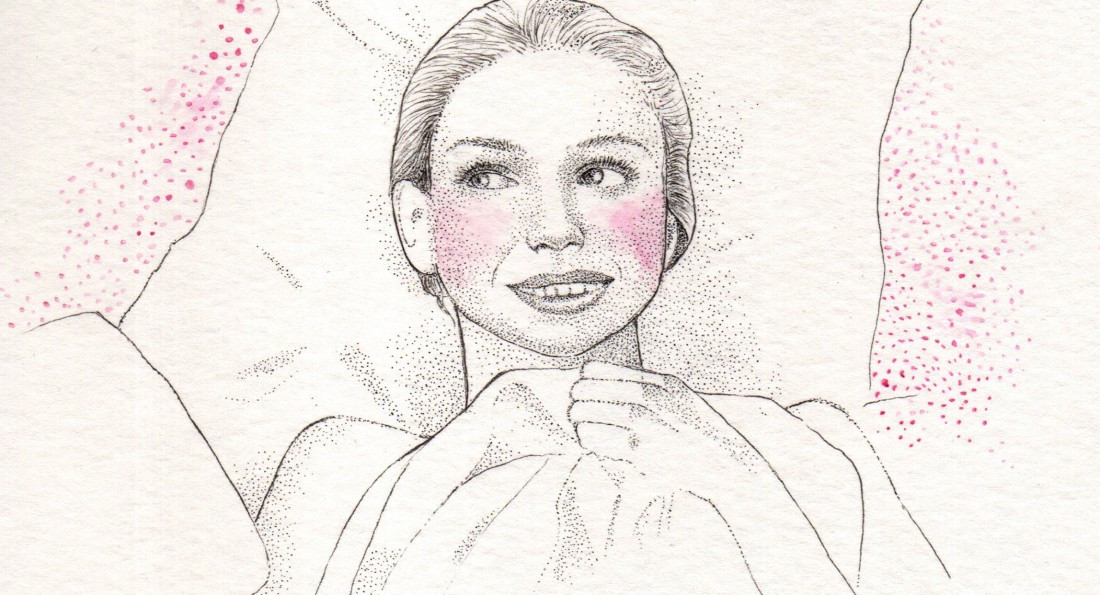Masturbation is self-care
Solo sexual exploration
Despite its silly reputation, masturbation is an important part of sexual health.
Erika Reis, sexuality and reproductive health facilitator, says masturbation remains a taboo subject for many people she speaks with.
“I get to hear a lot of these misconceptions about masturbation and get all sorts of questions about it,” she says.
Reis says a major contributing factor to the lack of understanding around masturbation is the lack of education.
Sexual education curriculums were last updated in 1998 in the Manitoba school system, and they currently don’t include much information on the topic, Reis says.
Some misconceptions Reis says she speaks to people about regularly are that masturbation is morally wrong, that it damages a person’s genitals, and even that it can cause acne and furry palms.
“Another big one that always shocks me is that many people still believe that only people with penises masturbate, and that’s simply not true,” she says. “Women in particular are shamed and sometimes seen as nymphomaniacs or perverse if they admit to masturbating, so it may feel wrong or scary for some folks.”
According to a pamphlet from Nine Circles Community Health Centre, when a person ignores the natural urge to explore themselves sexually, they may be holding themselves back from some mental health benefits.
“Masturbation may not be for everyone, but there are many real benefits to feeling yourself,” Reis says. “You are making yourself feel good in a safe environment, and when you reach orgasm, so many endorphins are released, just like when you have sex with others.”
Masturbation before bed can also help a person relax and be able to fall asleep easily, Reis says.
The benefits are not just about self-care on an emotional level. There has been a lot of research into what masturbation can do for your body.
“Masturbation is positively correlated with lower risk of prostate cancer and helps to flush certain bacteria and organisms, lowering the risk of cervical infections,” says Dr. Reece Malone, sex therapist and sexologist.
It can also help prevent prostate cancer, heart disease and menstrual cramps, Reis says.
“And, finally, it’s the safest way to have sex. No risks of STIs or pregnancy.”
That being said, for those with sexual partners, masturbation can help everyone involved have a better time.
“When you’ve explored what you like and what you may not, you can better communicate that with your partners, and this leads to more satisfying sexual experiences,” Reis says.
With sexual education in schools lacking, how do people receive information about healthy masturbation?
Erika Reis works for the Sexual Education Resource Centre, which has many programs available for people from all walks of life, as well as an email form for questions.
Nine Circles provides a free confidential phone line. While their main area of expertise is STI information and prevention, the staff are knowledgeable about many sex-related topics.
Nine Circles promotes National Masturbation Month in May with attention-grabbing ads in public spaces.
If you still have questions, you aren’t alone! Reach out to any of the above experts and more helpful people here:
Sexual EducationResource Centre // www.serc.mb.ca
Nine Circles // ninecircles.ca
Free and confidential info line // 1-800-782-2437
Reece Malone // www.reecemalone.com
Published in Volume 71, Number 5 of The Uniter (October 6, 2016)






